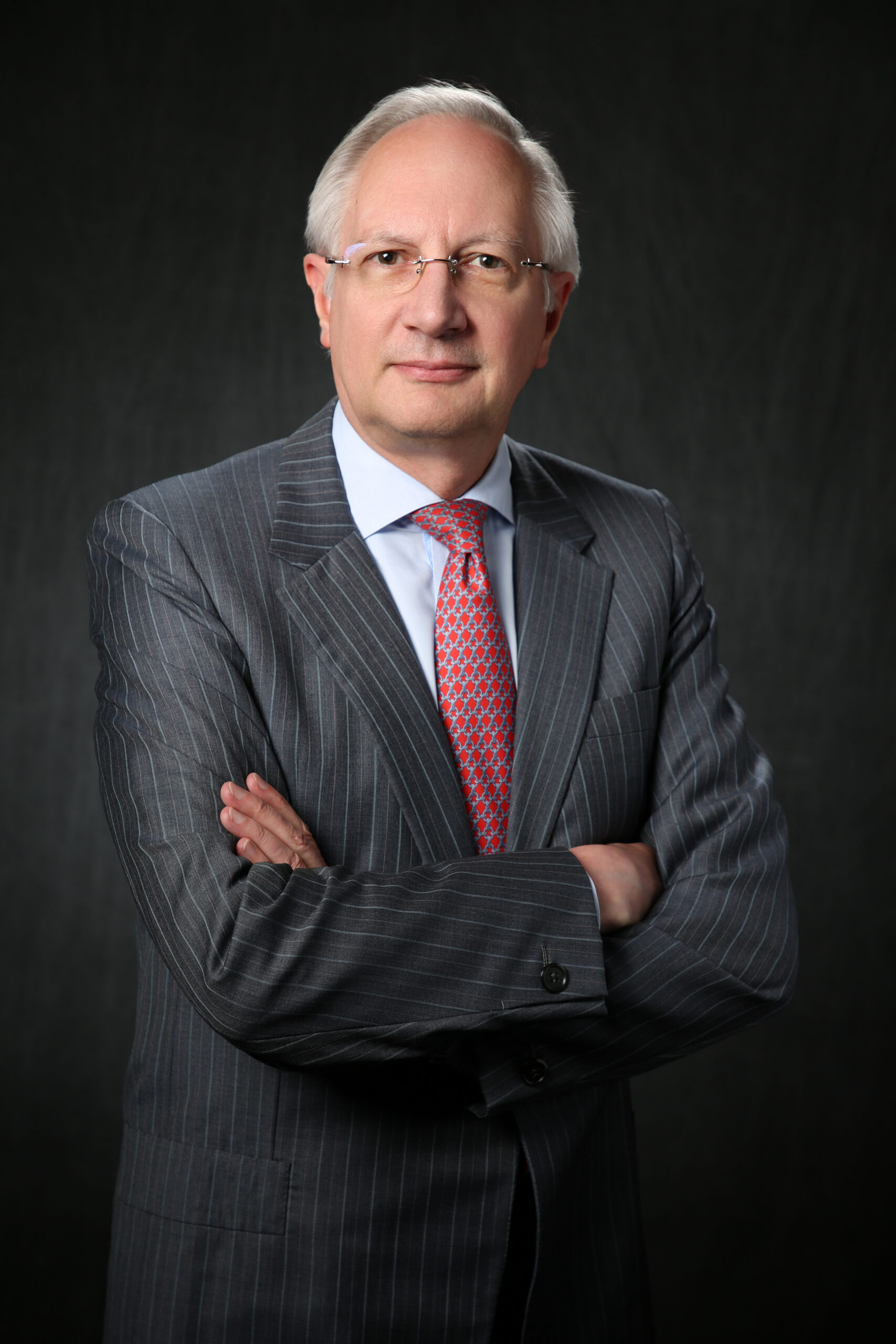Patent applicants who challenge a rejected application in the Eastern District of Virginia under 35 U.S.C. §145 will not have to pay the attorneys’ fees incurred by the Patent Office in defending the action.
Sitting en banc, the U.S. Court of Appeals for the Federal Circuit in NantKwest, Inc. v. Iancu, No. 2016-1794 (Fed. Cir. July 27, 2018) held that §145’s mandate that a plaintiff filing an action under that section pay “[a]ll the expenses of the proceedings” does not include an obligation to pay the U.S. Patent and Trademark Office’s (USPTO) attorneys’ fees, contrary to arguments made by the USPTO.
This decision effectively gives applicants two meaningful ways to challenge the USPTO’s rejection of an application and makes proceeding under §145 an attractive alternative to an appeal to the Federal Circuit under §141(a), says Charles H. Mottier, a member in Leydig’s Chicago office.
“Section 145 cases can provide applicants with advantages that are not available in an appeal to the Federal Circuit,” Mottier says. “These are stand-alone actions in which the district court can essentially review the application rejection de novo, admitting new evidence and thus giving little, if any, deference to the USPTO’s determination. It is not surprising that the office would want to defend its decisions in the confines of an appellate court, where the record on appeal is set.”
After the Patent Trial and Appeal Board (PTAB) affirmed a rejection of NantKwest’s patent application, NantKwest filed suit in district court under §145, contesting the rejection. The USPTO prevailed in the district court action and sought reimbursement of its litigation expenses, including its attorneys’ fees. While the district court granted the office’s request as to out-of-pocket costs, it denied its request for attorneys’ fees.
On appeal, a Federal Circuit panel reversed the district court’s decision as to attorneys’ fees, only to have the full circuit vacate the panel’s decision and affirm the district court’s interpretation of §145 regarding “all the expenses of the proceeding.”
In its 7-4 decision, the Federal Circuit noted that the USPTO had relied on this language for over a century to recover costs for such things as depositions, travel, printing, and expert witness fees, but had never before sought or been granted attorneys’ fees as part of its “expenses.” There was a good reason for that, the court concluded, holding that the “American Rule” regarding attorneys’ fees “prohibits courts from shifting attorneys’ fees from one party to another, absent a ‘specific and explicit’ directive from Congress. The phrase ‘[a]ll the expenses of the proceedings’ falls short of this stringent standard.”
The impact of the Federal Circuit’s decision may extend beyond patent applications and influence how courts treat the government’s request for fees and expenses in corresponding trademark application challenges, says Claudia W. Stangle, a member in Leydig’s Chicago office.
“In the trademark context, NantKwest creates a split with the 4th Circuit which has held that a trademark applicant appealing a Trademark Trial and Appeal Board decision to the district court must pay the government’s expenses, including its attorneys’ fees,” Stangle says. “It will be interesting to see how the NantKwest case may influence or persuade other district courts handling trademark matters.”


